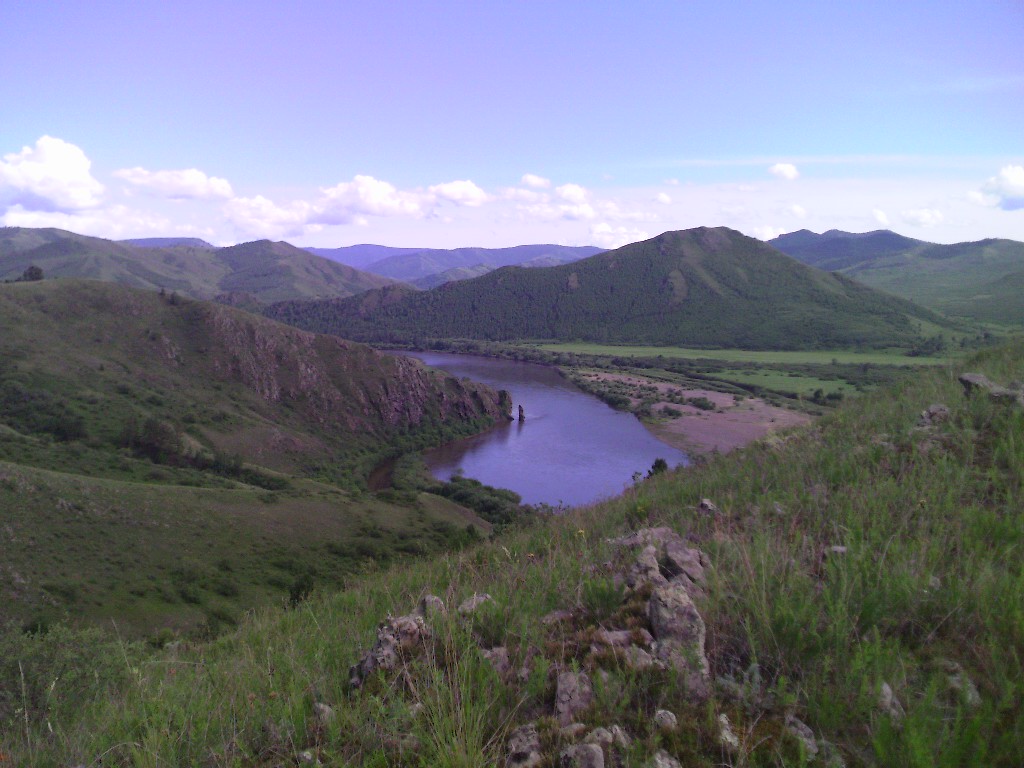The Bretton Woods Project published a review that explains that new World Bank report warns about the impacts of climate change, but concerns have been raised about its own track record. While the Bank has increased its renewable energy share, its continued funding of fossil fuels and focus on large scale dams remain controversial. Shuren Hydro in the Lake Baikal basin opens the list of current problems:
Bank’s energy share includes large scale dams. In late September, the Sosnovka Coalition of Environmental and Indigenous Peoples NGOs of Siberia and Far East, including 50 Russian CSOs, wrote to Kim expressing concerns about the inclusion of the proposed Shuren hydropower dam in the Bank’s Mongolia Mining Infrastructure Investment Support project. The letter urged the Bank to “rethink its involvement”, calling the dam an “outdated project” that affects the Selenga river and puts Lake Baikal, the largest freshwater lake in the world, at risk. It asked the Bank to instead “help Mongolia in developing a better energy development strategy that utilizes immense solar and wind potential and does not put at risk globally significant biodiversity and the livelihood of indigenous peoples.” The Bank responded in October that it will “review the proposed priority projects before agreeing on the pre-feasibility and feasibility studies to be funded under the project”. Mongolian NGOs have also opposed the project, including an October petition to the ministry of the environment urging the government “to avoid the danger of destroying the global fresh water resource, wasting taxpayer money and adding to the national debt to be paid by future generations.”

In an October meeting, Thai locals and NGOs opposed the government’s revival of plans for the Kaeng Sua Ten dam. The Bank pulled out of the controversial dam in 1994, citing “too many problems concerning environment and resettlement” after consultants were attacked by protesting villagers. Chainarong Setchua of Maha Sarakham University, said: “The World Bank is behind the dam construction. … we are replacing our teak forest and ecological system with this large dam.” Local leader Somming Muanglong said “We urge the government to rethink and opt for small- to medium-sized dams and reforestation programmes.” However, the Bank continues to
push large scale projects. Also in October the Bank’s new vice president for Africa, Makhtar Diop, warned Liberia against small power projects and to focus instead on one major energy programme to cover the country’s needs.
The Bank has also caused controversy in Kenya, as it pulled its support for the Lake Turkana Wind Power (LTWP) project. A September letter from the Bank cited several reasons, including concerns that the construction of power lines would not be ready in time, meaning that surplus electricity from the wind farms would be paid for through higher consumer energy bills. However, the LTWP consortium commented that the Bank has agreed to back heavy fuel oil thermal power with the same structure.
We are amazed to see that all examples of projects from around the world share with Shuren Hydro project some similar features: they threaten some important natural and social values, they distract countries from realistic projects on truly renewable energy sources, an they try to create one heavy-impact “major energy” facility instead of assisting development of sustainable energy sources to support local needs at necessary locations.

